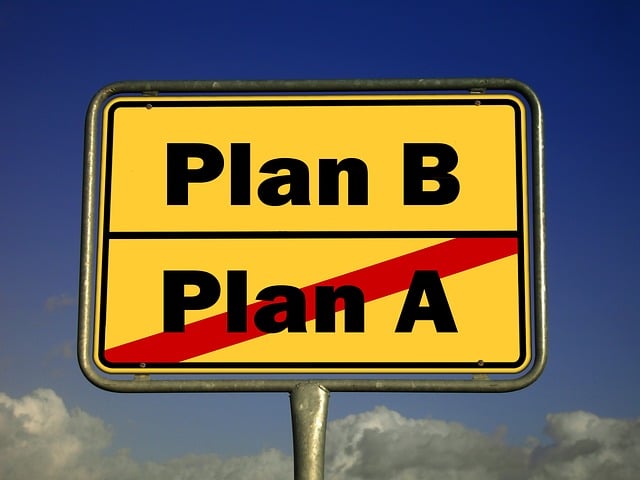Identifying community needs and interests is Event Planning for Local Businesses' first step, achieved through direct engagement with potential attendees via surveys, focus groups, or conversations. Aligning events with popular causes, local gems, and celebrations attracts larger crowds and establishes businesses as integral community parts. Effective planning involves analyzing demographics, choosing suitable themes, locations, and promotional methods tailored to diverse populations. Collaborating with community leaders, schools, churches, and centers facilitates network leverage, broader audience reach, and valuable insights, fostering mutual growth and impactful events.
Community outreach events are a powerful tool for local businesses to connect, engage, and grow. This comprehensive guide explores the art of planning successful initiatives that resonate with diverse audiences. From identifying community needs and interests through demographic research and leader engagement, to crafting an agenda that caters to varied tastes and incorporating effective outreach strategies leveraging social media and partnerships, this article provides insights crucial for event planning in the local business landscape.
- Identifying Community Needs and Interests
- – Researching local demographics and cultural events
- – Engaging with community leaders and organizations
Identifying Community Needs and Interests

Identifying community needs and interests is a pivotal step in event planning for local businesses. By engaging directly with potential attendees, business owners can gain valuable insights into what resonates most with their neighbors. This includes understanding cultural preferences, addressing local concerns, and recognizing opportunities to foster connections within the community. Through surveys, focus groups, or even informal conversations at local hot spots, businesses can tailor their outreach events to create meaningful experiences that cater to diverse needs.
Effective event planning requires a deep dive into the community’s unique character. Local businesses should explore not just what people need but also what excites them. This could involve identifying popular causes, uncovering hidden gems in the area, or recognizing upcoming celebrations and milestones. By aligning their events with these interests, businesses can attract larger crowds, foster goodwill, and establish themselves as integral parts of the community fabric.
– Researching local demographics and cultural events

When planning community outreach events, understanding your local demographics and cultural events is essential for successful event planning for local businesses. By researching these factors, organizers can tailor activities that resonate with the specific needs and interests of their target audience. This involves studying population data to identify cultural backgrounds, ages, and socioeconomic status, which inform decisions on event themes, locations, and promotional strategies.
For instance, a business hosting an outreach event in a diverse neighborhood might incorporate multicultural performances and food options, while an event aimed at younger demographics could feature interactive workshops and technology-focused activities. This tailored approach not only attracts attendees but also fosters community engagement, ensuring that local businesses build strong connections with their target communities through meaningful interactions.
– Engaging with community leaders and organizations

Engaging with community leaders and organizations is a key aspect of successful event planning for local businesses. Building strong relationships with these stakeholders ensures that your events resonate with the target audience, fostering a sense of community and inclusion. By collaborating with local schools, churches, and community centers, you can leverage their existing networks to promote your events, reaching a broader spectrum of attendees. This strategic partnership can also lead to valuable insights into the community’s needs and preferences, enabling you to tailor future events accordingly.
Event planners should view these interactions as opportunities for mutual growth and learning. Engaging with community leaders allows for open dialogue about local issues and interests, helping to create meaningful experiences that leave a lasting impact. Through regular communication and joint planning efforts, local businesses can ensure their outreach events are inclusive, relevant, and beneficial to the entire community.
By understanding the unique needs and interests of their communities, local businesses can transform event planning into a powerful tool for engagement. Through researching demographics, engaging with community leaders, and incorporating cultural events, businesses can create meaningful experiences that resonate with their target audiences. This strategic approach not only fosters goodwill but also strengthens the bond between businesses and the neighborhoods they serve, ultimately contributing to sustainable growth in Event Planning for Local Businesses.



